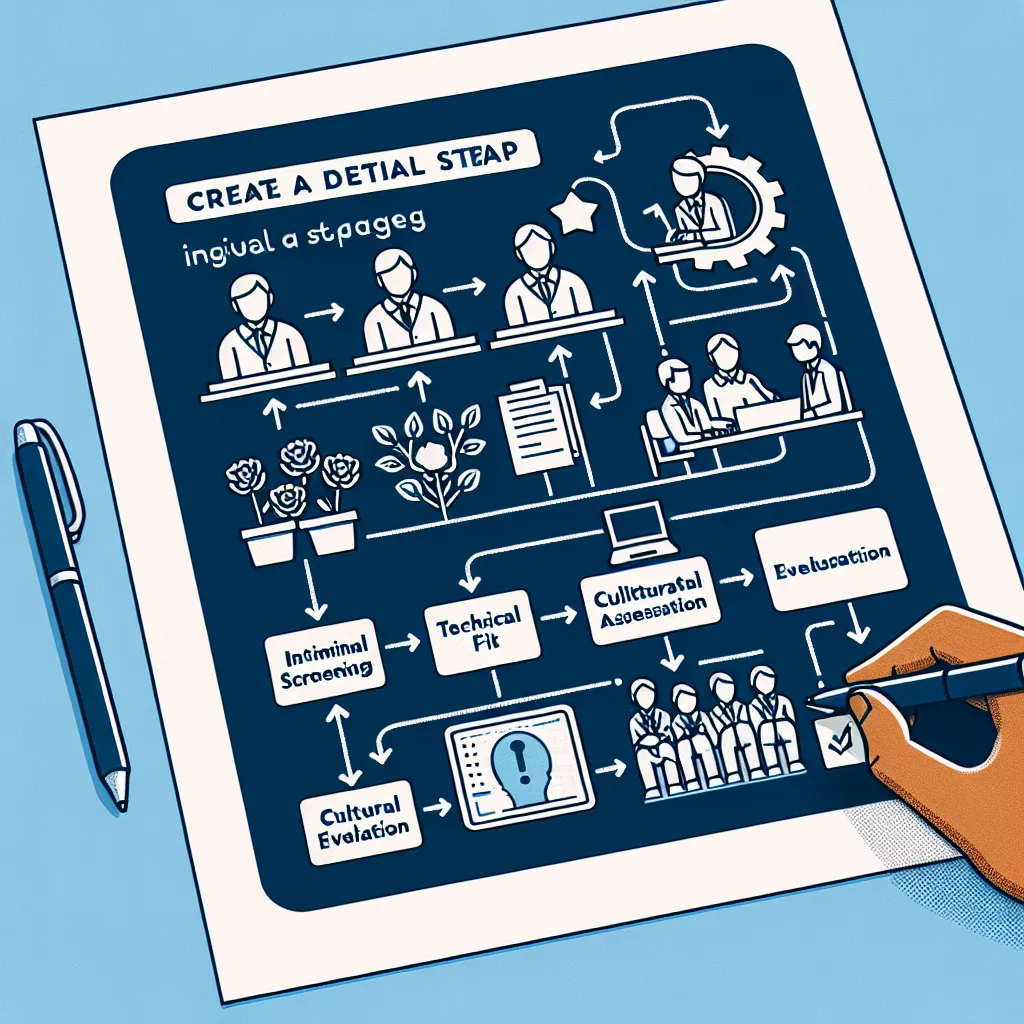Are you gearing up for a transportation interview? Whether you’re aiming for a position as a logistics coordinator, fleet manager, or transportation analyst, proper preparation is key to success. This guide will walk you through the essential steps to ace your transportation interview and land your dream job in this dynamic industry.
Understanding the Transportation Industry
Before diving into interview preparation, it’s crucial to have a solid grasp of the transportation sector. This industry encompasses a wide range of roles, from logistics and supply chain management to public transit and freight operations. Each position requires specific skills and knowledge, but there are common themes that run through most transportation interviews.
Key Areas of Focus in Transportation Interviews
- Logistics and Supply Chain Management
- Safety Regulations and Compliance
- Technology in Transportation
- Customer Service
- Environmental Concerns and Sustainability
 Transportation Interview Preparation
Transportation Interview Preparation
Researching the Company and Position
One of the most critical steps in preparing for any interview, especially in the transportation sector, is to thoroughly research the company and the specific role you’re applying for. This knowledge will help you tailor your responses and demonstrate genuine interest in the position.
Tips for Effective Research:
- Study the company’s website, focusing on their mission statement, recent news, and major projects
- Investigate their main competitors and market position
- Understand the company’s role in the broader transportation industry
- Review the job description in detail and match your skills to the requirements
Common Transportation Interview Questions and How to Answer Them
1. “Can you describe your experience with logistics software?”
Sample Answer: “I have extensive experience with several logistics software platforms, including SAP Transportation Management and Oracle Transportation Management. In my previous role, I used these tools to optimize route planning, which resulted in a 15% reduction in fuel costs and improved delivery times by 20%.”
2. “How do you stay updated on transportation regulations?”
Sample Answer: “I make it a priority to stay informed about transportation regulations by subscribing to industry newsletters, attending webinars hosted by regulatory bodies, and participating in professional associations like the American Transportation Association. This proactive approach has helped me ensure compliance and avoid potential issues in my past roles.”
3. “Describe a time when you had to solve a complex transportation problem.”
Sample Answer: “In my previous position, we faced a significant challenge when a major snowstorm disrupted our supply chain. I quickly assembled a crisis team, rerouted shipments through alternative ports, and coordinated with our partners to minimize delays. As a result, we were able to maintain 85% of our regular delivery schedule despite the severe weather conditions.”
4. “How do you approach cost reduction in transportation operations?”
Sample Answer: “I believe in a data-driven approach to cost reduction. In my last role, I implemented a comprehensive analysis of our fleet operations, which led to the identification of inefficient routes and underutilized assets. By optimizing our routes and right-sizing our fleet, we achieved a 12% reduction in operational costs without compromising service quality.”
5. “What’s your perspective on the future of sustainable transportation?”
Sample Answer: “I’m passionate about sustainable transportation and believe it’s the future of our industry. I’ve been closely following developments in electric and hydrogen-powered vehicles, as well as advancements in route optimization to reduce emissions. In my view, companies that prioritize sustainability will not only benefit the environment but also gain a competitive edge in the market.”
Handling Difficult Questions
Sometimes, you may encounter questions that are outside your immediate knowledge base. Here’s how to handle them gracefully:
- Stay calm and composed
- Be honest about your limitations
- Express enthusiasm to learn
- Relate the question to your existing knowledge or experience
For example, if asked about a specific technology you’re not familiar with, you could say: “While I haven’t had direct experience with that particular system, I’m very adept at learning new technologies. In my previous role, I quickly mastered our proprietary logistics software and became the go-to person for troubleshooting within three months.”
Common Mistakes to Avoid in Transportation Interviews
-
Lack of industry knowledge: Not being up-to-date with current trends and challenges in the transportation sector can be a red flag for interviewers.
-
Underestimating the importance of safety: Safety is paramount in transportation. Failing to emphasize your commitment to safety protocols and regulations can hurt your chances.
-
Ignoring the customer service aspect: Many transportation roles involve direct or indirect customer interaction. Don’t overlook the importance of customer service skills.
-
Failing to provide concrete examples: When discussing your experiences and achievements, always back them up with specific, quantifiable results.
-
Neglecting to ask thoughtful questions: Not having any questions for the interviewer can signal a lack of genuine interest in the position or company.
Follow-up Questions and Suggested Answers
-
Q: How would you handle a situation where a driver consistently fails to meet delivery deadlines?
A: “I would first analyze the root cause of the delays by reviewing route data and speaking with the driver. If it’s a performance issue, I’d implement a performance improvement plan with clear goals and regular check-ins. If external factors are causing delays, I’d work on optimizing routes or adjusting schedules to set more realistic expectations.”
-
Q: What strategies would you employ to improve fuel efficiency in our fleet?
A: “I’d start by conducting a comprehensive analysis of our current fuel consumption patterns. Based on the data, I would implement strategies such as optimizing routes to reduce mileage, providing eco-driving training to drivers, investing in fuel-efficient vehicles, and exploring alternative fuels where feasible. I’d also set up a monitoring system to track improvements and adjust strategies as needed.”
-
Q: How do you approach building and maintaining relationships with carriers and vendors?
A: “Building strong relationships with carriers and vendors is crucial for smooth operations. I believe in regular communication, fair negotiations, and mutual respect. I would establish clear performance metrics, provide constructive feedback, and work collaboratively to solve problems. Additionally, I’d organize periodic review meetings to discuss performance, market conditions, and opportunities for improvement.”
-
Q: Can you explain your experience with cross-border transportation logistics?
A: “In my previous role, I managed cross-border shipments between the US and Canada. This involved navigating customs regulations, ensuring proper documentation, and coordinating with customs brokers. I implemented a digital documentation system that reduced border crossing times by 30% and minimized delays due to paperwork errors.”
-
Q: How would you go about implementing a new transportation management system (TMS) in our organization?
A: “Implementing a new TMS requires careful planning and execution. I would start by forming a cross-functional team to identify our specific needs and evaluate potential systems. Once selected, I’d create a phased implementation plan, starting with a pilot program. Throughout the process, I’d ensure proper training for all users, establish clear communication channels for feedback, and continuously monitor and adjust the system for optimal performance.”
Conclusion
Preparing for a transportation interview requires a blend of industry knowledge, specific job-related skills, and the ability to articulate your experiences effectively. By thoroughly researching the company, understanding the role, and practicing your responses to common questions, you’ll be well-equipped to make a strong impression.
Remember to showcase your problem-solving abilities, your commitment to safety and efficiency, and your understanding of the latest trends in transportation. With the right preparation, you’ll be ready to navigate your interview successfully and embark on an exciting career in the transportation industry.
For more interview preparation tips, check out our guides on how to prepare for a logistics interview and how to prepare for an executive assistant interview. Good luck with your transportation interview!




